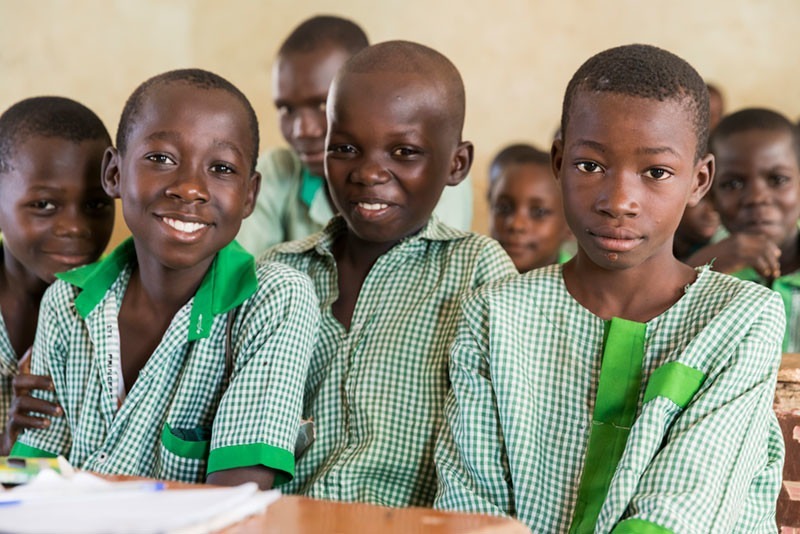From students to elected officials, everyone has a role to play in improving education around the globe. Accountability at all levels is vital to make sustainable progress, and governments must lead the charge, UNESCO finds in its 2017-2018 Global Education Monitoring Report.
The report, “Accountability in education: meeting our commitments,” emphasizes governments’ role in ensuring universal quality education, a Sustainable Development Goal for Education set out by the United Nations.
“Accountability must start with governments,” Manos Antoninis, Director of the Oct. 24 report, said in a press release. “If a government is too quick to apportion blame to others, it is deflecting attention away from its own responsibility for creating a strong, supportive education system.”
The report calls for governments to make the right to education justiciable, which is not the case in 45 percent of countries. It also urges governments to be more transparent, allow democratic participation, and develop fair and inclusive regulations across public and private education institutions.
Karen Tietjen, Director of Instructional Systems and Governance Practice Area at Creative Associates International, agrees that for real change to take hold a country’s leaders must make education for all children a priority and be responsible for making that a reality.
“Accountability is a critical ingredient in the effective delivery of quality educational services, but often the ‘burden’ of accountability is placed solely on the school,” she says. “A well-developed system of accountability will be multi-level, bi-directional and include beneficiaries as well as service providers.”
In several countries—including Afghanistan, Pakistan, Nigeria, Mozambique and Morocco—Creative works alongside government ministries of education to provide quality and accessible education, delivering on the right to education. Programs in those countries are supported by the U.S. Agency for International Development and implemented by Creative.
Creative’s “whole child, whole teacher, whole school, whole system” approach addresses critical supply and demand factors that affect learning, teaching, management, parental participation and responsiveness to children’s needs.

Strengthening the system
UNESCO’s report also recognizes the role that teachers, schools, civil society, international organizations, parents and students play in moving toward education for all. However, it warns of a tendency to place blame for a systems’ failures on one single group.
For example, the trend of holding teachers and schools accountable based on standardized test scores can be counterproductive, UNESCO said. When rewards and sanctions are based on high-pressure test results, it can narrow curriculum and encourage teachers to focus on children they see as more likely to succeed, leaving struggling students behind.
The report says that to make accountability work for all students, resources, commitment and capacity are essential.